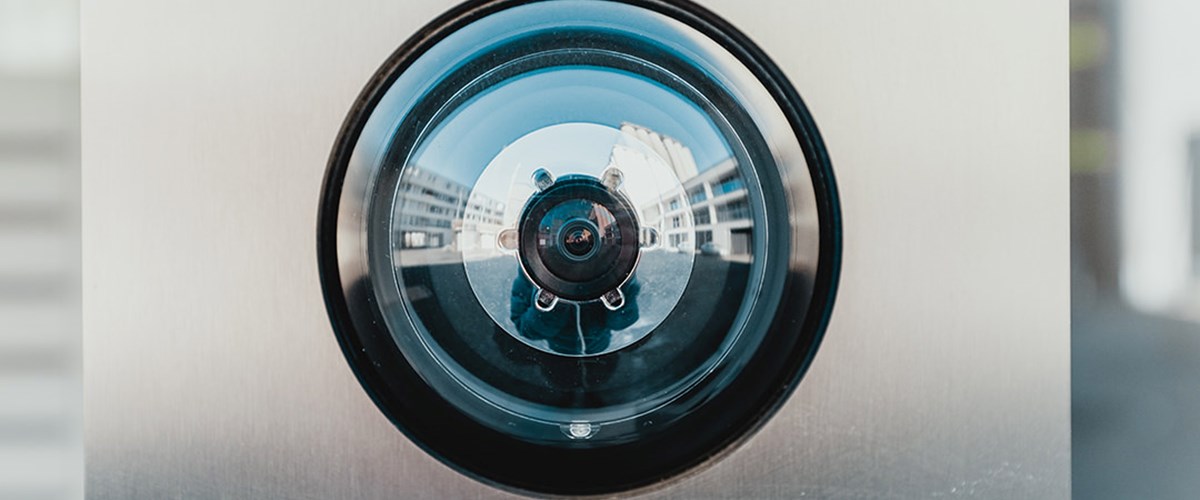
Creator: Bernard Hermant - License: CC BY-SA 4.0
Please produce a comma separated list for the top five blog tags and top 8 keywords for the following article:
As a business owner, keeping your premises secure is one of the most important things you can do to protect your assets and employees. In today's world, security cameras have become an essential tool for achieving this goal. They not only deter potential criminals but also provide valuable evidence in case of any incidents. However, with so many different types of security cameras available in the market, choosing the right one can be a daunting task. In this article, we'll discuss the importance of choosing the right security camera for your business and provide you with some helpful tips to make the selection process easier.
1. Understand Your Business Needs
Before you begin shopping for security cameras, it's essential to understand your business's unique security needs. Some important questions to consider include:
By answering these questions, you can narrow down your options and select a camera that fits your specific needs.
2. Choose the Right Type of Camera
There are several different types of security cameras available in the market, each with its own set of advantages and disadvantages. The most common types include:
3. Consider Image Quality
The image quality of your security camera is critical to its effectiveness. Poor image quality can make it challenging to identify suspects and provide evidence in case of incidents. High-quality cameras provide clear, crisp images that make it easier to identify people and objects. Some factors that affect image quality include:
4. Consider Storage and Management Options
When selecting a security camera, it's essential to consider how you will store and manage the video footage. Some options include:
Choosing the right storage and management options depends on your business's needs and budget.
5. Consult with Professionals
If you're not sure which security camera is right for your business, it's always a good idea to consult with professionals. Security camera experts can help you assess your needs and recommend the best camera for your specific situation.
Conclusion
In conclusion, choosing the right security camera for your business is essential to keeping your premises secure and protecting your assets and employees. By understanding your business needs, choosing the right type of camera, considering image quality, storage and management options, and consulting with professionals, you can make an informed decision that meets your security requirements and fits your budget.
When shopping for security cameras, it's essential to do your research and compare different models and brands. Look for cameras that come with advanced features such as motion detection, facial recognition, and night vision. You should also look for cameras that are weather-resistant, especially if you plan to use them outdoors.
It's important to note that installing security cameras is just one part of a comprehensive security plan. To ensure the safety of your business, you should also consider other security measures such as access control systems, burglar alarms, and fire alarms.
Finally, when installing security cameras, it's crucial to comply with privacy laws and regulations. Ensure that your employees and customers are aware that they are being monitored, and only use the footage for its intended purpose.
Overall, choosing the right security camera for your business is a critical decision that requires careful consideration. By understanding your business needs, doing your research, and consulting with professionals, you can select a camera that meets your security requirements and fits your budget. Remember to also consider other security measures and comply with privacy laws and regulations to ensure the safety of your business and protect your assets and employees.